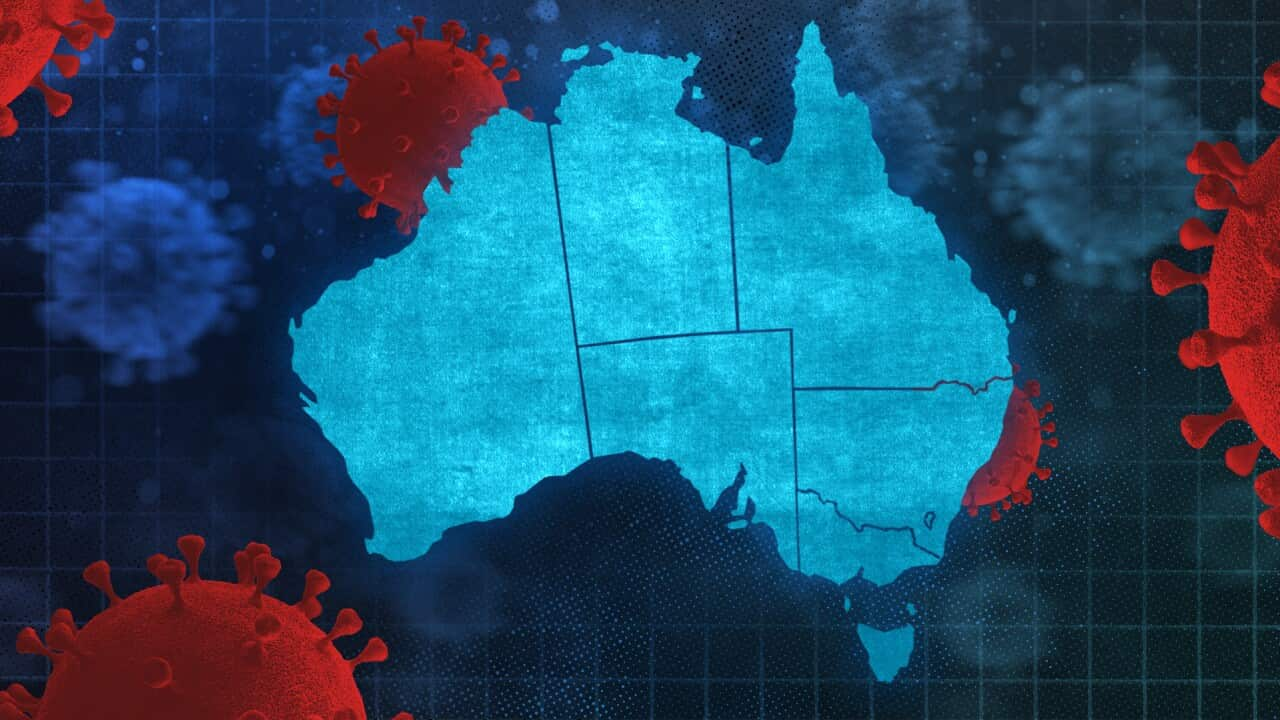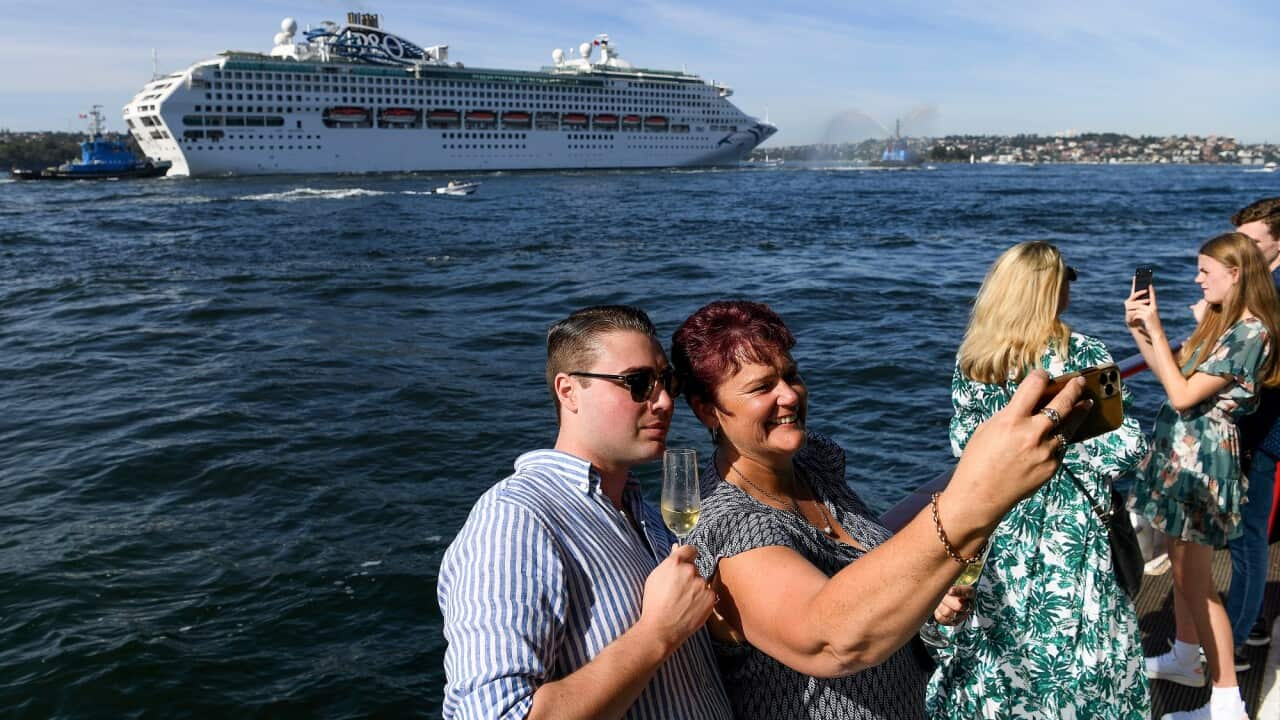Isolation for household contacts of people with COVID-19 is being phased out around the country.
Western Australia will from 12.01am on Friday abolish quarantine for asymptomatic COVID-19 close contacts, in line with national guidelines, with Tasmania being the last, dropping isolation for close contacts from Monday.
New South Wales, Victoria and the ACT have already ditched the requirement and Queensland followed suit at 6pm on Thursday, while South Australia will from Saturday drop the need to isolate unless showing symptoms.
Fully vaccinated close contacts in the Northern Territory no longer need to isolate unless they are symptomatic.
Western Australia is also scrapping G2G travel passes and will no longer require interstate travellers to have had three vaccine doses.
Unvaccinated international arrivals in Western Australia must still quarantine for a week upon arrival, but that will be reviewed in four weeks' time.
Face masks will still need to be worn by people over 12-years-old in hospitals, aged care and disability care facilities and on public transport and in rideshares and taxis.
Those aged eight to 11 will no longer have to wear masks, while all remaining venue capacity and public and private gathering limits will be abolished.
Western Australians will no longer need to show proof of vaccination at pubs and other venues but will be required to visit hospitals and aged care facilities.
Meanwhile, federal Opposition Leader Anthony Albanese and WA Premier Mark McGowan are on track to emerge from isolation later this week after testing positive for COVID-19.
In Tasmania, close contacts of coronavirus cases will no longer have to isolate for seven days but must still follow other requirements.
Close contacts must take a daily rapid antigen test, wear a face mask when outside home and in indoor spaces.
They must also advise their workplace of their close contact status and avoid high-risk premises, such as aged care facilities and hospitals.
Latest 24 hour COVID-19 data: 46 virus deaths recorded across Australia
NSW: 12,188 cases, 10 deaths, 1743 in hospital, 73 in ICU
Victoria: 10,734 cases, 13 deaths, 456 in hospital, 32 in ICU
Queensland: 6848 cases, nine deaths, 527 in hospital, 12 in ICU
Tasmania: 1213 cases, one death, 40 in hospital, one in ICU
Western Australia: 8392 cases, 10 deaths, 253 in hospital, nine in ICU
Northern Territory: 538 cases, 56 in hospital, one in ICU
South Australia: 4856 cases, three deaths, 247 in hospital, 10 in ICU
ACT: 997 cases, zero deaths, 69 in hospital, 4 in ICU
'COVID is not going away'
Despite cases stabilising or falling across the country, University of Melbourne epidemiologist Nancy Baxter said the positivity rate for PCR tests remains high at about one-third.
She believes now is not the time to ease restrictions, suggesting it would be safer to do so in a few weeks to shorten the tail of the current Omicron wave.
"COVID is not going away," Professor Baxter told ABC TV on Tuesday.
"Right now we are in the denial phase of the pandemic where we want to live like we did before.
"Over the next two years what we're going to find is if we actually want to live well, we do have to adapt to the virus and do things a bit differently."
School resumed for most New South Wales students on Wednesday when the week-long compulsory isolation for close contacts of pupils and teachers is ditched.
NSW Education Minister Sarah Mitchell said last week the move would help prevent disruption in teaching and learning.
Teachers and students will be required to inform their schools of their close contact status, take a RAT daily and wear a mask indoors, except for primary school students for whom masks are only a strong recommendation.
If a school-wide outbreak is detected then large indoor gatherings will be put on hold, visitors will be limited and there could be a shift back to learning from home.



